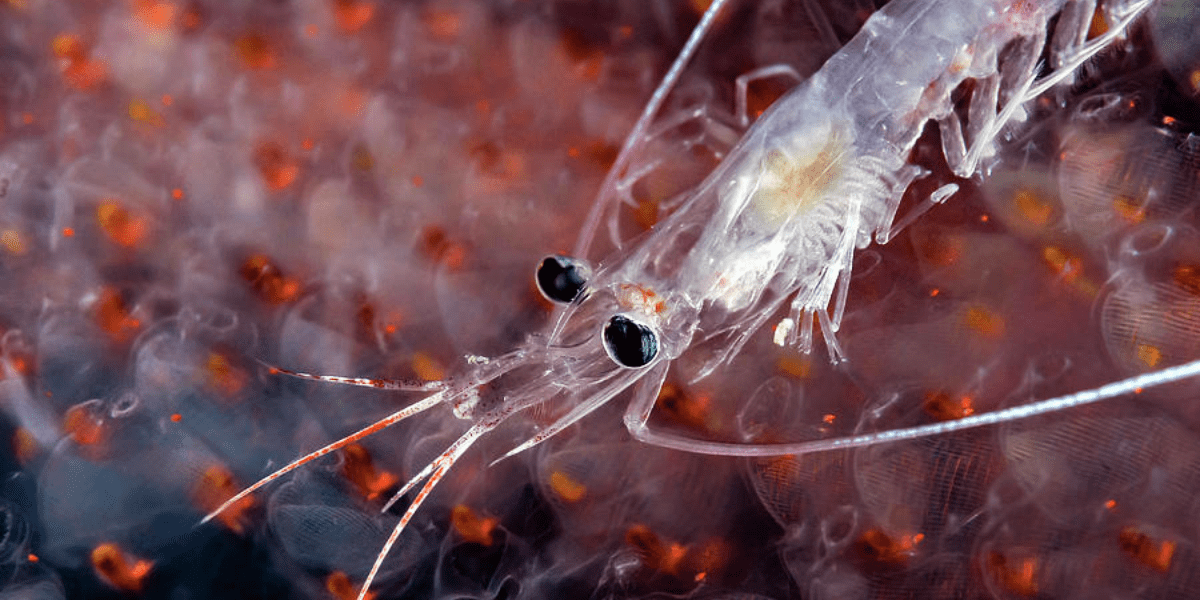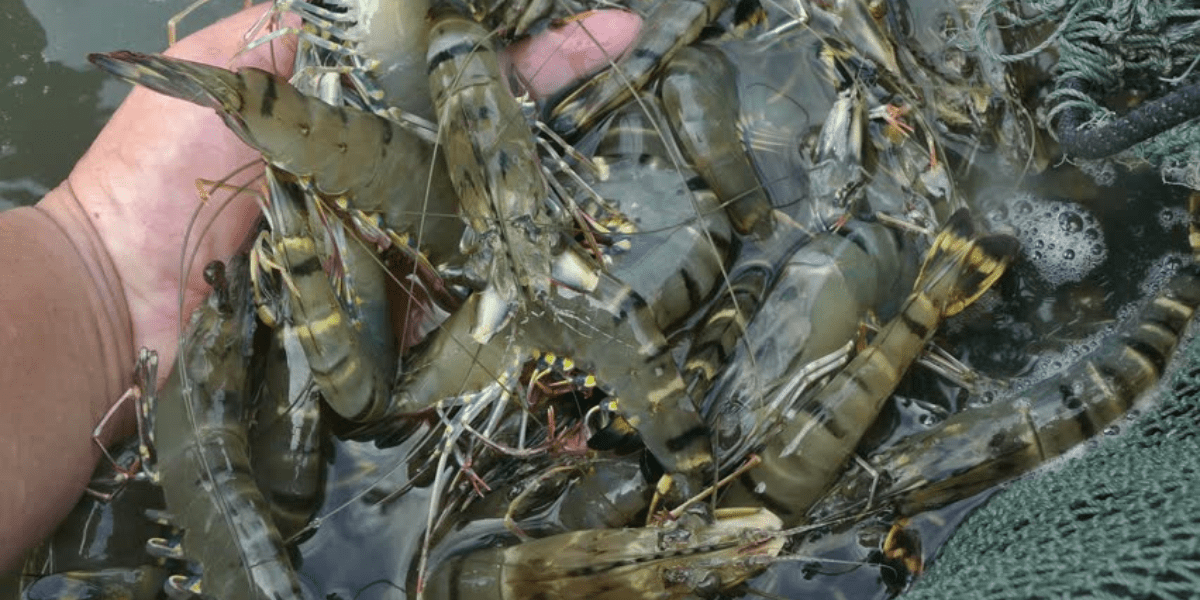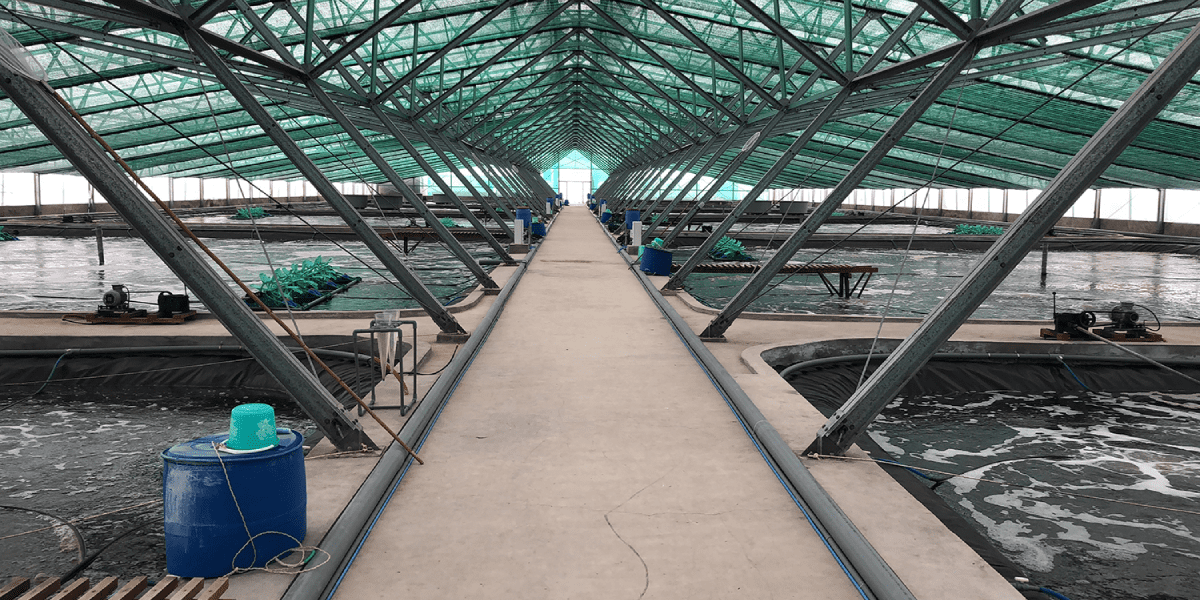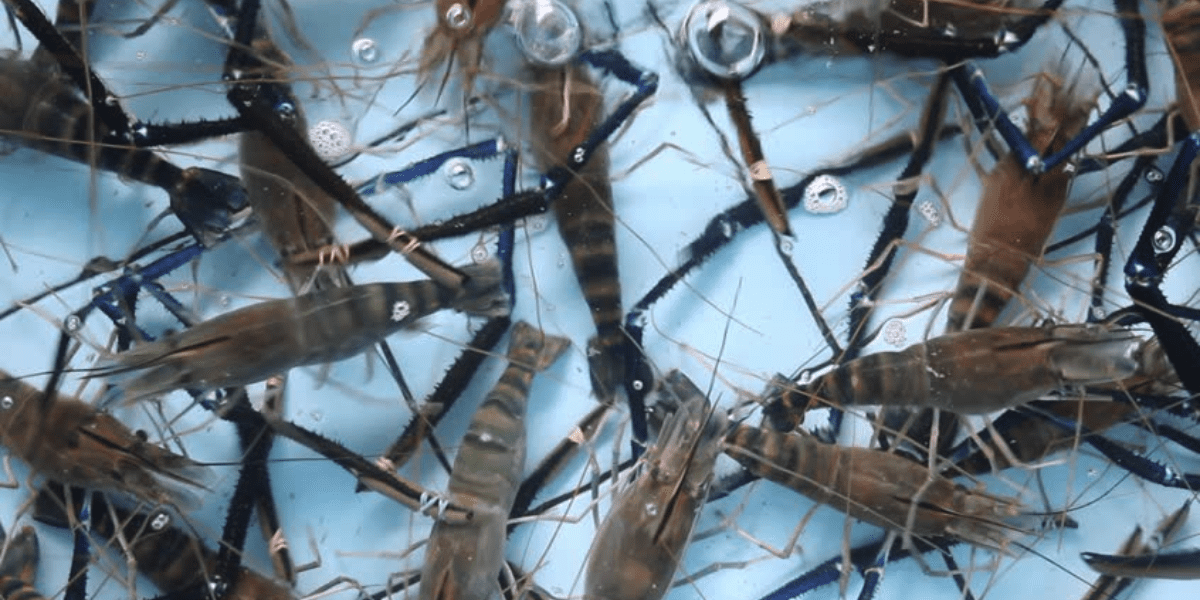Driving Accountability
Credentials do matter when it comes to seafood quality.
Beyond the Brand
When it comes to eco-labels, conscious consumers are demanding more from every seafood experience. They now expect a level of clarity and transparency that addresses specific social and environmental criteria. Eco-labels linked with sustainability certification help this process greatly by providing information about the standards and procedures we implement in each harvest cycle. Credentials do matter when it comes to seafood quality — and for regulators, these tools encourage behavioural change towards long-term sustainability.
In all honesty, it's the fuel for the fire for all the different things we're doing for sustainability across the entire enterprise. There's really a power in this generation. They look into your labeling and they read not only the labels, but also the story behind the packaging.
Conagra Brands / Frozen Prepared Seafood
Our commitment to sustainability and transparency activates these values. It offers a more complete picture of our vision at King Prawn — to deliver an efficient standard of care for local markets worldwide. In order for this to occur, indoor facilities must lead the way on optimised resource technologies and proactively demonstrate how we meet our obligation to a far safer, more secure planet.
More on Seafood Sustainability
Indoor aquaculture can relieve some of the pressures by generating sustainable seafood, but that will only be true if facilities become more efficient in their use of water, energy, seafood waste and nutrient recycling. And yet that is just the starting point — what we do next about seafood in the future must reflect a capacity to act beyond the exploitation of resources or harmful institutional practices.
Aquaculture is poised for transformation — and our mission is to produce top quality seafood that improves taste, ethical standards and the welfare of future generations.
King Prawn produces shrimp year-round in deep pool facilities, unaffected by adverse weather impacts, climate change and many of the factors that undermine sustainability. Food security drives our business and defines our value chain.
It's not just about food production, but also encompasses how our seafood is traded, stored commercially, transported, processed and sold to market. Challenging traditional aquacultural methods and combating resource waste across every point of the supply chain are keystones to improving food security at scale.
We're combining nutrition with the values of sustainability, today.
Our Indoor Facilities Support the SDGs
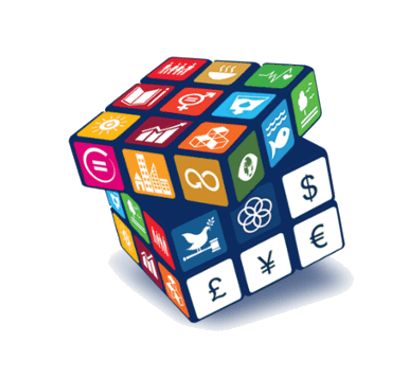
Almost all the UN's 17 Sustainable Development Goals (SDGs), and many its associated targets, are relevant to indoor aquaculture. Existing guidance and initiatives designed to promote sustainability — including the Code of Conduct for Responsible Fisheries (CCRF); the Bangkok Declaration & Phuket Consensus; the Blue Growth Initiative and technical guidelines — broadly support compliance with these SDGs, including:
- Poverty alleviation, hunger eradication and assurance of decent work
- Resource efficiency and waste reduction
- Resilient aquaculture farming systems
- Genetic resource sharing and conservation
- Fair and productive value chains
A Blue Revolution for Aquaculture.
Safer, secure oceans restored for future generations.
How we use Cookies
We use them to improve your experience on our site. We're open and transparent about your time with us, and we don't engage in commercial requests for your information.
Accept & ContinueNeed to learn more? Privacy Policy and Cookie Policy

